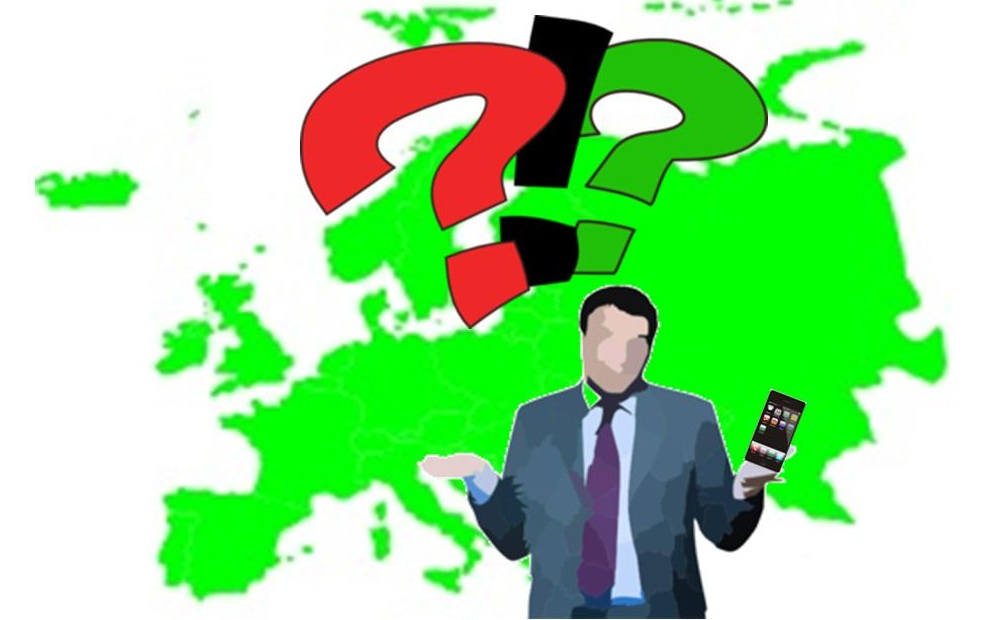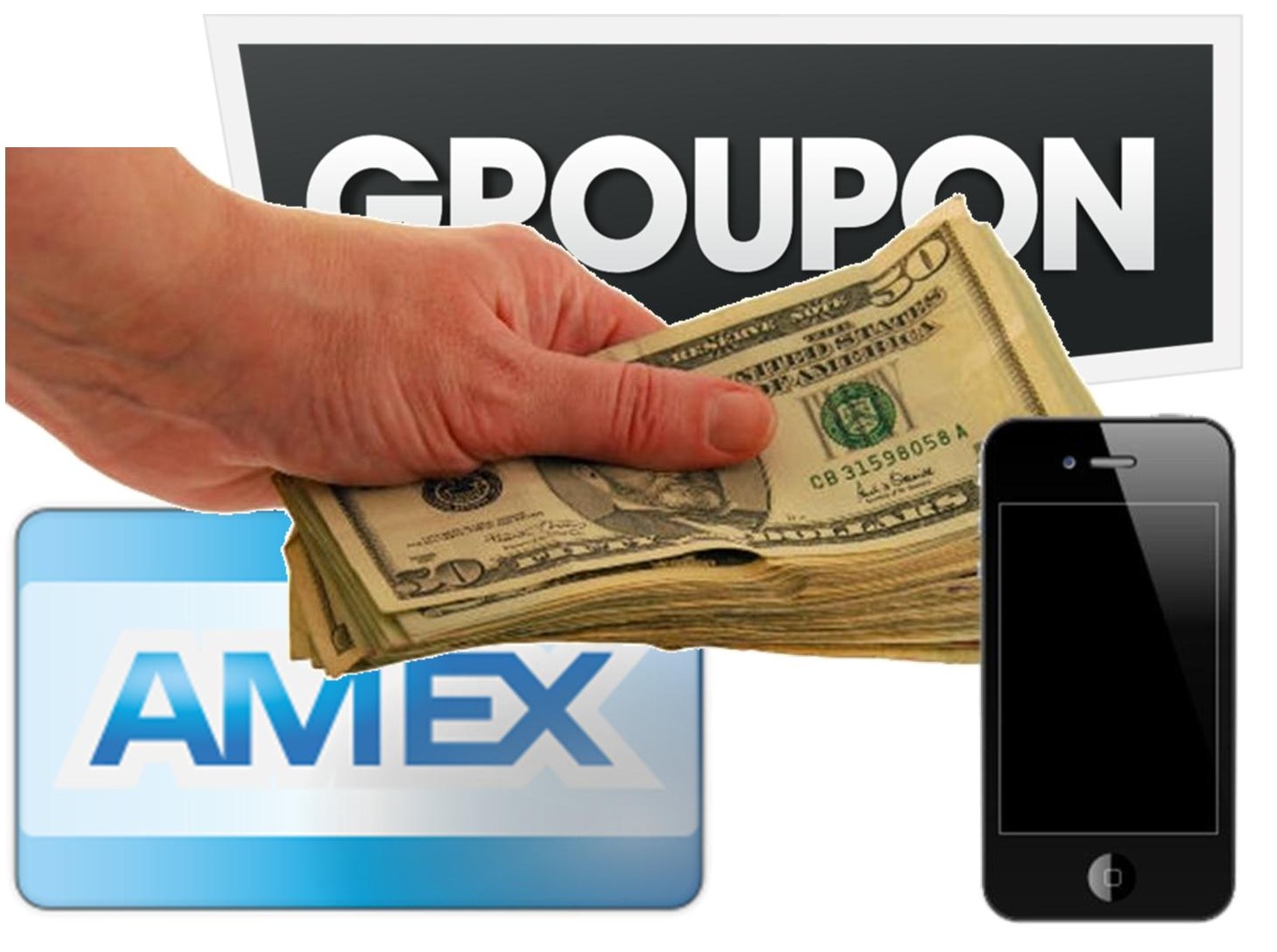Language proves to be a hurdle for mobile commerce
Mobile commerce has managed to make major progress in the U.S. and Japan, but in Europe, mobile commerce has met with significant challenges that extend well beyond issues concerning security and efficiency. Language and infrastructure have proven to be the most complicated problems faced by the mobile commerce sector in Europe. Both the U.S. and Japan enjoy universal e-commerce markets due to the fact that both countries have a predominant language. Europe, however, is filled with countries that have very different languages from one another, making it difficult to create a universal mobile commerce ecosystem.
Universal market in Europe has yet to take form
European countries tend to be homes to national markets that do not synergize well beyond the boundaries of the countries they take form in. Such markets are meant to appeal to those that live in particular countries, of course, but this tends to create some division when it comes to universal commerce. For instance, those from countries where English is not a prominent language could have trouble participating in mobile commerce in countries like the United Kingdom, where most commerce services are based on the English language.
 Europe 500 aims to solve the language problem
Europe 500 aims to solve the language problem
In order to address this issue, Europe 500, a conglomeration comprised of many large European companies, has begun to leverage its various investments to provide better localization to e-commerce sites in various countries throughout the European Union. This is expected to help make it easier for consumers to participate in mobile commerce no matter where they are in Europe by providing them with services that are based on their native language.
Localization is a costly venture for some
Making mobile commerce universal is no small task. Europe 500 is comprised of many companies, some of which have heavily invested in mobile commerce in the past. Despite the apparent interests that these companies have in mobile commerce, localization and bolstering infrastructure is not an inexpensive task. Many companies may be inclined to continue supporting national markets in an effort to save money.

 Large companies currently dominating mobile commerce field
Large companies currently dominating mobile commerce field